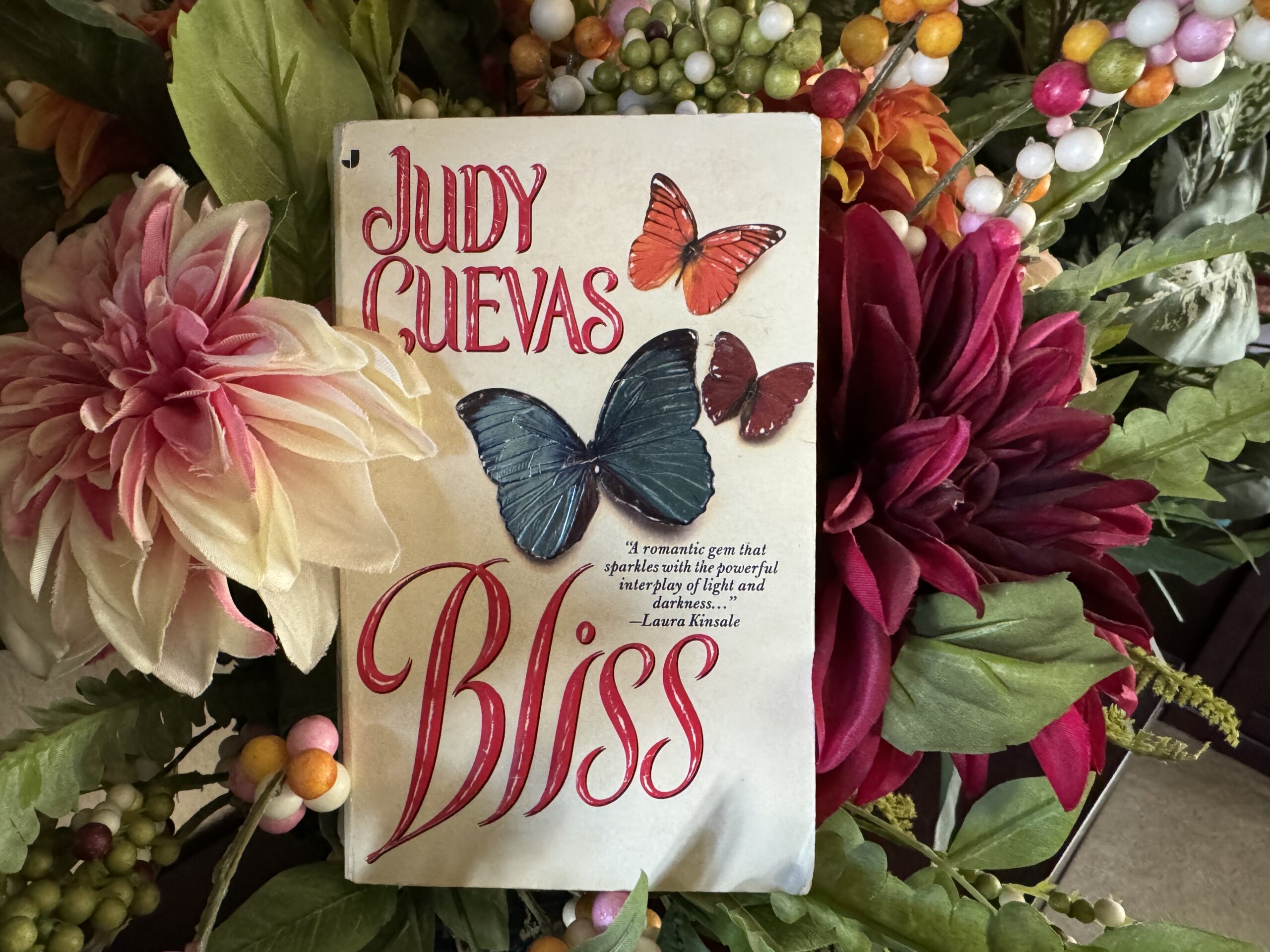Blissful Words
The day, over two decades ago, when I sat down and started writing my first romance manuscript, I had no idea what was ahead of me. I had no idea how much I had to learn, but mainly, I had no idea that it would change the way I read books.
Since becoming a writer—and especially, later on, becoming an editor—it’s been almost impossible to read for pure enjoyment. I have slowly trained my brain to hunt for flaws in the words and the stories they’re weaving, and that’s not a feature that comes with an off-switch.
So, much to my shame, over the years I’ve found myself reading less and less. It’s just too hard to get lost in a book like I used to. But I miss that feeling so much. The one where you put everyday life on hold, ignore chores that must be done, and sit down and read a whole book in one sitting, because it’s so spellbinding you can’t bear to put it down.
For a variety of reasons, I’ve only been reading ebooks for the past decade and a half. It’s just what works best for me. My husband is the same way, and so at one point, we culled a huge number of our printed books, donating them to the library. It was an agonizing task to decide which ones to get rid of and which ones we couldn’t bear to part with. Since then I’ve only owned a handful of old favorites in paperback.
I’ve been thinking for some time that maybe I should dust off those old books (a figure of speech—my bookshelves have doors, so no dust!) and see if reading them is the key to rediscovering that magic. Today I finally pulled the trigger and am starting with one that is not available as an ebook (or I probably would’ve re-read it sooner): Bliss by Judy Cuevas.
Cuevas, who later on wrote under the pen name Judith Ivory, is hands down the most clever and wonderful wordsmith I’ve ever read, of any genre. Blissfully (see what I did there?), she chose to apply her exquisite talents to writing romance novels.
A few pages into this book, and I’m already in awe and reminded of how important it is for writers to read authors like Cuevas/Ivory. You can learn so much from writers who carefully select every single word, who can paint a vibrant picture with a single sentence, and make the world they’re creating for you come alive with simply a clever turn of phrase.
As an example, the first description the reader gets of the heroine of this novel:
Miss Van Evan sat in a chair directly in front of the writing table, the sunlight brightly spotlighting her skirts, skirts the deep saturated purple of sloe plums. This color was the predominant note in the girl’s presence: folds of dark, dark purple in a halo of sunlight. Sun shone at her feet up along her skirts to her knees, to become by her lap a waving pattern of palm fronds—there was a tall palm tree just outside the window to Mrs. Besom’s back. Thanks to this and a deeply brimmed hat, any more personal impression of the girl was lost to a conspiracy of shadows and indirect light.
A conspiracy of shadows and indirect light. A conspiracy!
Bliss, indeed.


